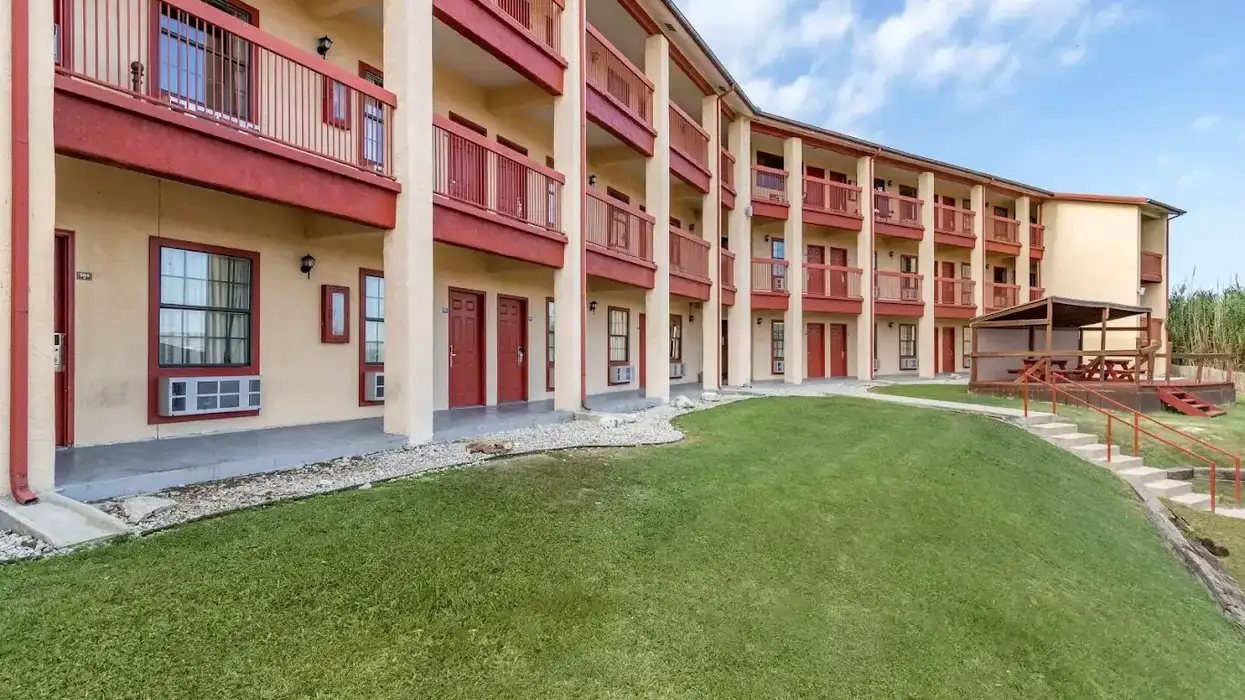AS APRIL CLOSED the COVID-19 pandemic continued to rage as the U.S. passed 1 million cases. Some states were beginning to reopen their economies amid controversy that they were moving too fast, but for the U.S. hotel industry relief remained months away, according to a recent AAHOA webinar.
Nearly eight out of 10 hotel rooms in the country stood empty, according to the American Hotel & Lodging Association citing numbers from STR. Hotels had lost $15 billion in room revenue since mid-February and were on track to lose another $500 million.
“Individual hotels and major operators are projecting occupancies below 20 percent for upcoming months,” AHLA said. “At an occupancy rate of 35 percent or lower, hotels may simply close their doors, putting 33,000 small business at immediate risk.”
Chip Rogers, AHLA’s president and CEO, joined Cecil Staton, AAHOA president and CEO, along with Mit Shah, founder and CEO of Noble Investment Group and Mehul Patel, chairman and CEO at NewcrestImage, for a webinar April 30. The topic of discussion was putting the industry on the road to recovery.
Staging a comeback
One question the group addressed during the webinar was whether the federal Paycheck Protection Program and the Emergency Impact Disaster Loan programs, or other forms of federal aid, would continue through the recovery.
That’s hard to determine, Rogers said, though he said the second round of PPP funding would run out soon.
“Each iteration or each bill that comes forward is becoming extremely difficult to get passed,” he said.
The first stimulus was easy, Rogers said, because it was so small. The second that dealt with paid leave got some attention but passed unanimously, as did the CARES Act and the connected enhancement despite receiving more attention in the news.
“It’s the fourth bill where I believe there’s going to be a lot of discussion,” Rogers said. “What we’re seeing here, unfortunately, is the politics begin to come into play. There are items and issues being debated in the fourth bill that frankly don’t have a lot to do with recovery.”
That includes clauses on voting by mail, which Democrats support but Republicans oppose on the grounds it increases the likelihood of voter fraud, Rogers said. Also, Republicans are pushing for across the board liability protection for all businesses against lawsuits from people claiming they got coronavirus from that business, which Democrats are “very hesitant” to support.
“I think you’re starting to see some issues arise that really push people back in their corners, which is unfortunate because up to this point everybody has been working together,” he said. “So, the next round of legislation will be the most challenging.”
Hotels need more because hit early on and will feel it longer.
Staton said the CARES Act also needs adjusting, a similar message to one AHLA delivered previously.
“We would like to see the period of time for particularly the PPP loans to be stretched out further because the reality is our industry is not going to recover as quickly,” he said. “We also would like the funds to have a wider range of usages than what was originally envisioned in the CARES Act in that it would be predominantly spent on payroll cost. We would like for the usages of PPP loan funds to be for a broader range of things associated with operating costs.”
Patel also said the PPP should be extended.
“Our company participated in the PPP program and we were funded in the first week,” he said. “We’re using those funds from it. We wish there were more time on it. Eight weeks is not enough. So, we’re waiting to see if the time can be extended on it.”
Dallas-based American Bank, which Patel and his partners at NewcrestImage Chirag Patel and Mital Patel, purchased last year, funded more than $25 million to small hotels.
“This was a really good program that’s going to help small business,” he said.
Hope for the future
Shah said hoteliers are hopeful people in a hopeful industry. They may need to maintain that optimism in the future.
“What we know is things are not going to get better quickly,” he said. “This is going to be a situation whereby travelers are going to have to feel safe again.”





